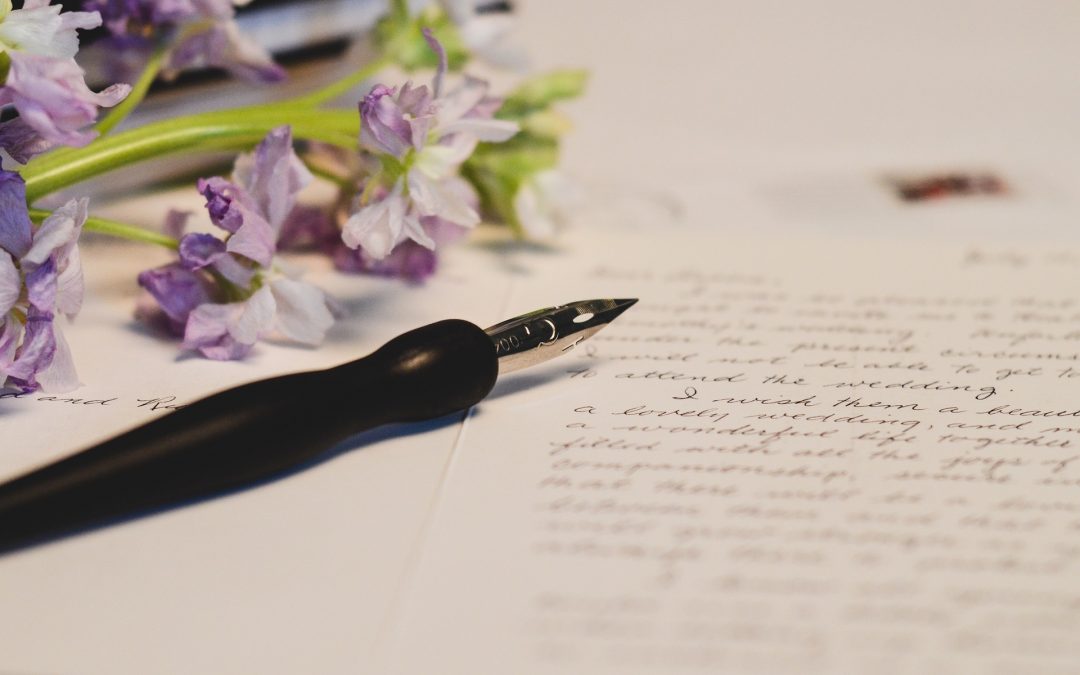A last will and testament is an essential document in the process of probating the estate of someone who passed away. However, what happens if the last will goes astray? Occasionally, people can lose the original document or did not preserve it as they should.
In this article, you will discover how to probate a lost will in Florida.
Probate Process in Florida – What to Do If I Cannot Locate the Original Will?
The process of establishing the existence and validity of a last will without having the original document necessarily requires the help of an expert probate attorney in Florida.
Accordingly, once you have confirmed that you lost the will, the attorney will file a petition with the court to establish and probate the document.
As provided by Florida law (Florida Statutes §733.207), “Any interested person may establish the full and precise terms of a lost or destroyed will and offer the will for probate.”
Also, it provides that “the specific content of the will must be proved by the testimony of two disinterested witnesses, or, if a correct copy is provided, it shall be proved by one disinterested witness.”
Hence, when there is a copy of the will available, the process will require one of the two witnesses that signed the original document to testify that the copy submitted is a copy of the will they witnessed and signed with the testator.
Probate Process in Florida – What to Do If I Do Not Have a Copy of the Will?
The process is a bit more complicated when there is no copy of the will available. In such cases, establishing a will that was either lost or destroyed will require the two witnesses who signed the original document.
However, it may be challenging to identify and locate both witnesses, especially if the will was signed a long time ago. Also, the witnesses must establish the terms of the will from memory. There is no copy of the original will available for verification.
Probate Process in Florida – Proving the Will Was Not Intentionally Destroyed
Another risk is that a court can presume that the testator intentionally destroyed the will. As provided by state law, the intentional destruction of a will is one of the manners the testator can utilize to revoke the will.
Typically, the burden of proof shifts to the individual seeking to establish the will in such cases. For instance, a personal representative must demonstrate that the testator did not revoke the will by destroying it.
In Florida, proving a will was not intentionally destroyed will require the responsible party to provide feasible evidence that it was not the case, such as:
- Establishing someone else may have destroyed the will to benefit from it.
- Establishing that what happened was accidental destruction (e.g., natural fire)
- Establishing that the will existed after the testator’s death, meaning he/she could not have destroyed the document
- Establishing that the testator did not have testamentary capacity, meaning he/she could not have made a valid revocation of the will
Occasionally, it is possible to avoid evidentiary issues by reuniting the heirs who would inherit under intestate succession. But, then, you would need to secure waivers from each one of them.
Nonetheless, suppose one of the heirs did not agree to waive the inheritance. In that case, it will be necessary to establish the will through a court proceeding, which will require the evidence as provided in Florida Statutes.
Probate Process in Florida – What to Do If It Is Not Possible to Establish a Will?
There are cases where there is insufficient evidence to establish that a copy of a will is accurate to the original document, or there is no copy and witnesses cannot remember the content of the will. In such cases, it is not possible to establish the will.
Then, there are two possible outcomes in such cases. First, if the deceased had a prior will revoked by creating the lost will, that would maybe revive during the probate process, as the court presumes the revocation of the lost will.
However, suppose there was no prior will when the testator drafted and signed the lost will. In that case, the distribution of the decedent’s estate will occur according to Florida intestacy law.
We Can Help You – Work with An Expert Probate Attorney in Florida
Waste no time with uncertainty. Speak with an experienced probate attorney, attorney Romy B. Jurado Esq., to find a solution for your case.
Get in touch with us today by calling (305) 921-0976 or emailing [email protected] to schedule a consultation.





